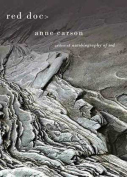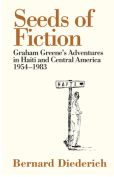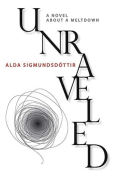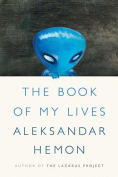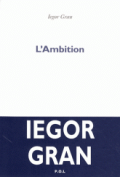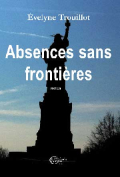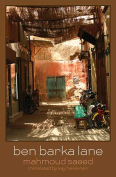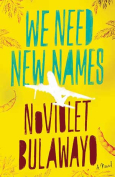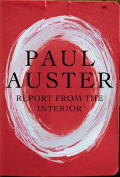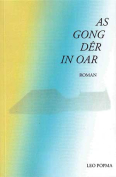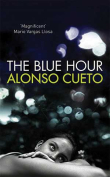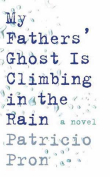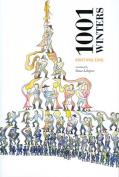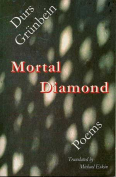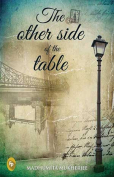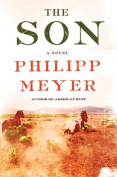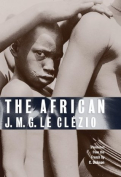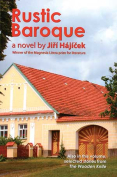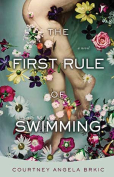Vode i Vetrovi by Nenad Milošević
Novi Sad. Umetničko društvo Vujica Rešin Tucić. 2012 (rel. 2013). ISBN 9788689457001
In his seventh collection of poems, Vode i Vetrovi (Waters and the winds), Serbian poet Nenad Milošević shows his poetic maturity through the utilization of themes underscored by a feeling of high anxiety—the passage of time and the change that comes with the flow of waters. The book has four named sections: “Waters and Winds,” “Hotel Room on the Moon,” “House for Sale,” and “What Remained in the Last Century.”
He begins with a disaster, “The Hundred Year Level Water” of the Sava River, when the speaker and his friend drag their boat to a houseboat to get drunk. By toasting the past, the friends vow to remember these waters in the future. In the elegy “Milonga for Dule Basarić,” his friend recalls ferrying people over the Sava or onto the river island beach. The poem “Turmoil” speaks of how the year is expected to be dry, both in terms of the weather and in the unsuccessful search for the Serbian Bosnian generals who have to be found for the sanctions on Serbia to end. But life goes on even under the turmoil of a difficult political situation. Spending time with his daughter, Marta, takes precedence over politics.
In the second section, he quotes his wife (also a poet, Danica Vukićević) in an epigraph about dresses in “The Goodness of Dresses,” a poem in which an older woman gives away dresses to a younger woman, knowing they’ll fit her better—indirectly speaking of the aging process of women. When we are young we are forgiven for our mistakes, but not when we get older. He alludes to the civil war times in “Milonga for Luka Štoković,” when he remembers “the darkness of the nineties / [he is] drinking with [him] . . . / behind a darkened windowpane of a bar in Vuk Street,” darkened because of the possibility of NATO airstrikes.
Section 3 centers on family, with such striking lines as “You greet me then disappear / like the Spanish rhapsody of Ferenc Liszt / on mother’s kitchen transistor radio.” He criticizes racism when he writes, “the mother, your wife, now a widow / drowns kittens and butterflies / to the shock of my daughter, / wants to lash Roma who beg / and everyone who doesn’t have any food.” In another the speaker no longer knows anyone in his hometown: “no one / to ask why a classmate became a nun / why another hung himself.”
The final section is a reflection on the hardships of the 1990s, that with “the end of the sanctions . . . in sight” there is hope. Milošević ends the book with several love poems, remembering innocence, “stealing vinjaks from supermarkets” in “Jazzy,” or when he says in “Who Lived besides Us”: “Only, if hope won’t get away from us one morning / like a lover who cannot stand / that you’d fallen in love with her.” This book ends with hope, an eagerness for the wind to blow the negative past away.
Biljana D. Obradović
Xavier University of Louisiana

